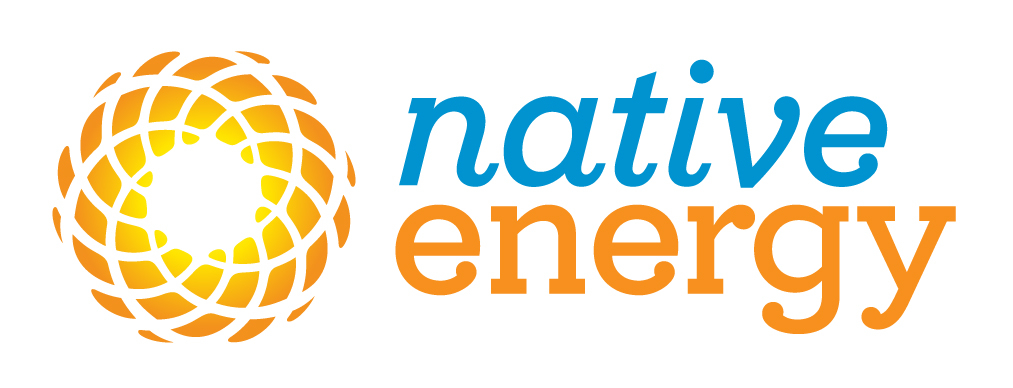Choosing Who Gets Clean Water: My Vetting Process
Kirsten McKnight on the Project Supply Process

Kirsten McKnight on the Project Supply Process
My job at NativeEnergy is to vet new projects, particularly forestry and clean water projects. I work closely with NGOs and small businesses trying to make a difference here in the US and in Kenya, Ghana, Honduras, Tanzania, and beyond.
Lately I have spent most of my time on our water projects, and everywhere, the stories are strikingly similar:
“The people are rural and poor. The government had set goals to get them access to clean water but only 20% of the population has access.”
“We have frequent cholera outbreaks.”
“So many families would like to have water filters, but they aren’t affordable for those who need them most.”
The need for access to clean water worldwide is daunting. Whether you are a sustainability manager, wealthy philanthropist or you drop change in a UNICEF box each year, you know this. More than 2 million people die every year from waterborne diseases. For the billions who don’t have clean water from taps, they have to devote time and resources each day to gather wood or buy charcoal so they can boil the water they drink. Many end up drinking unsafe water resulting in disease and further economic deprivation.
In the absence of government intervention and assistance, what’s the solution? Digging new wells? Providing chlorine tablets? Distributing water filters? At NativeEnergy we’ve identified the HydrAid® filter—a simple, low-tech bio-sand filter that doesn’t require maintenance—as a reliable means to deliver clean water.
The technology is just one piece of the puzzle.
From there, many questions remain: Which communities do we choose? Who will be our partner on the ground to distribute the water filters? How effective will that partner be at engaging the community? Will they be able to install more than a thousand filters? Most importantly, can they make sure the water filters are used, functioning and creating lasting health, economic and environmental benefits for at least the first 10 years of the program?
My job is to balance our desire to bring new projects to life with the necessity of making sure they meet rigorous criteria and will perform as promised. An independent third party must approve every project we sell as meeting a leading carbon offset standard. I have to make sure every one of our projects is prepared for the “validation” process and will meet the carbon standard’s requirements. For water projects, we rely on the Gold Standard which is pioneering methodologies that simultaneously lower greenhouse gases while improving social conditions.
NativeEnergy’s project supply team has always been in the business of vetting potential projects that require additional early funding to get off the ground. This is central to our Help Build™ project model. Our promise of upfront funding allows the project to proceed, and our customers’ purchases of offsets function like an investment; an investment in reducing greenhouse gases for years, an investment in advancing health and prosperity in communities, and an investment in building sustainability into the core of the business.
Our Clean Water Campaign has opened a new and unique perspective on reviewing projects. The carbon program is an innovative way to address the global challenge of providing clean water. Still, we have to ask tough questions of good people doing good work. We need high confidence that our carbon projects will operate successfully for at least 10 years. Our implementation partners must be reliable and durable because we are promising that people will not burn unsustainably harvested wood to boil their water for the entire life of the carbon program. Further, we are committed to making sure those water filters are continuously functioning and that the communities are engaged and educated on water, sanitation and hygiene. Equally important, we must be able to monitor the projects to measure not only carbon reductions but other improvements in the quality of people’s lives.
The hardest part of my job?
There are always more worthy projects than there are supporters who are buying offsets or making sustainability investments. There are lots of good people doing good work that deserve to be next in our queue. But I can’t say yes to all of them.
Nonetheless I remain optimistic. The pipeline is full. The opportunity to change lives while meeting greenhouse emission reduction goals is abundant.
Want to learn more about how we vet projects? Call me at 800-924-6826.

